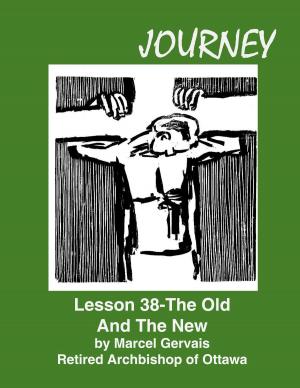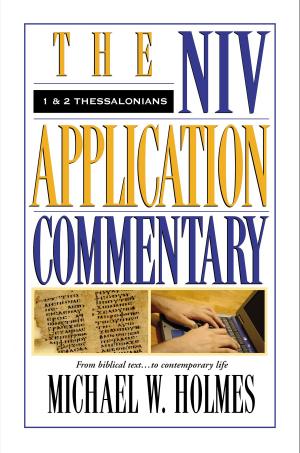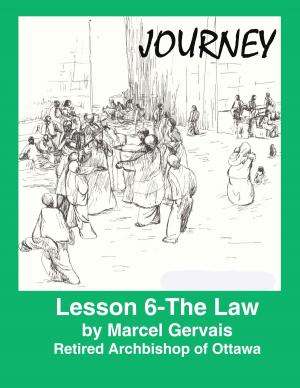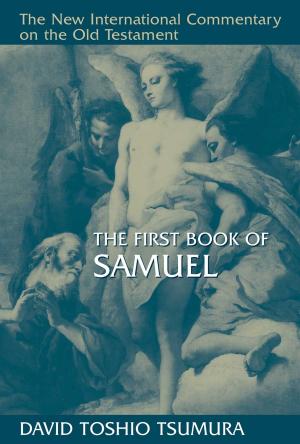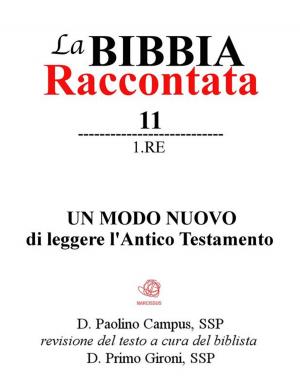Commentary on the Galatians
Nonfiction, Religion & Spirituality, Bible & Bible Studies, New Testament, Commentaries| Author: | Martin Luther | ISBN: | 1230003359006 |
| Publisher: | Christian Classics Reproductions | Publication: | August 10, 2019 |
| Imprint: | Language: | English |
| Author: | Martin Luther |
| ISBN: | 1230003359006 |
| Publisher: | Christian Classics Reproductions |
| Publication: | August 10, 2019 |
| Imprint: | |
| Language: | English |
Martin Luther on Galatians. Luther’s terminology, however, is much broader, embracing laws of both human and divine origin. Luther argues that the primary aim of Paul’s letter to the Galatians is to contrast these various forms of active righteousness with the passive righteousness of the Gospel.
Martin Luther was a German priest and professor of theology who initiated the Protestant Reformation. He strongly disputed the claim that freedom from God's punishment of sin could be purchased with money. He confronted indulgence salesman Johann Tetzel with his Ninety-Five Theses in 1517. His refusal to retract all of his writings at the demand of Pope Leo X in 1520 and the Holy Roman Emperor Charles V at the Diet of Worms in 1521 resulted in his excommunication by the pope and condemnation as an outlaw by the emperor.
Luther taught that salvation is not earned by good deeds but received only as a free gift of God's grace through faith in Jesus Christ as redeemer from sin. His theology challenged the authority of the Pope of the Roman Catholic Church by teaching that the Bible is the only source of divinely revealed knowledge and opposed sacerdotalism by considering all baptized Christians to be a holy priesthood. Those who identify with Luther's teachings are called Lutherans.
His translation of the Bible into the language of the people (instead of Latin) made it more accessible, causing a tremendous impact on the church and on German culture. It fostered the development of a standard version of the German language, added several principles to the art of translation, and influenced the translation into English of the King James Bible. His hymns influenced the development of singing in churches. His marriage to Katharina von Bora set a model for the practice of clerical marriage, allowing Protestant priests to marry.
In his later years, while suffering from several illnesses and deteriorating health, Luther became increasingly antisemitic, writing that Jewish homes should be destroyed, their synagogues burned, money confiscated and liberty curtailed. These statements have contributed to his controversial status
Martin Luther on Galatians. Luther’s terminology, however, is much broader, embracing laws of both human and divine origin. Luther argues that the primary aim of Paul’s letter to the Galatians is to contrast these various forms of active righteousness with the passive righteousness of the Gospel.
Martin Luther was a German priest and professor of theology who initiated the Protestant Reformation. He strongly disputed the claim that freedom from God's punishment of sin could be purchased with money. He confronted indulgence salesman Johann Tetzel with his Ninety-Five Theses in 1517. His refusal to retract all of his writings at the demand of Pope Leo X in 1520 and the Holy Roman Emperor Charles V at the Diet of Worms in 1521 resulted in his excommunication by the pope and condemnation as an outlaw by the emperor.
Luther taught that salvation is not earned by good deeds but received only as a free gift of God's grace through faith in Jesus Christ as redeemer from sin. His theology challenged the authority of the Pope of the Roman Catholic Church by teaching that the Bible is the only source of divinely revealed knowledge and opposed sacerdotalism by considering all baptized Christians to be a holy priesthood. Those who identify with Luther's teachings are called Lutherans.
His translation of the Bible into the language of the people (instead of Latin) made it more accessible, causing a tremendous impact on the church and on German culture. It fostered the development of a standard version of the German language, added several principles to the art of translation, and influenced the translation into English of the King James Bible. His hymns influenced the development of singing in churches. His marriage to Katharina von Bora set a model for the practice of clerical marriage, allowing Protestant priests to marry.
In his later years, while suffering from several illnesses and deteriorating health, Luther became increasingly antisemitic, writing that Jewish homes should be destroyed, their synagogues burned, money confiscated and liberty curtailed. These statements have contributed to his controversial status


